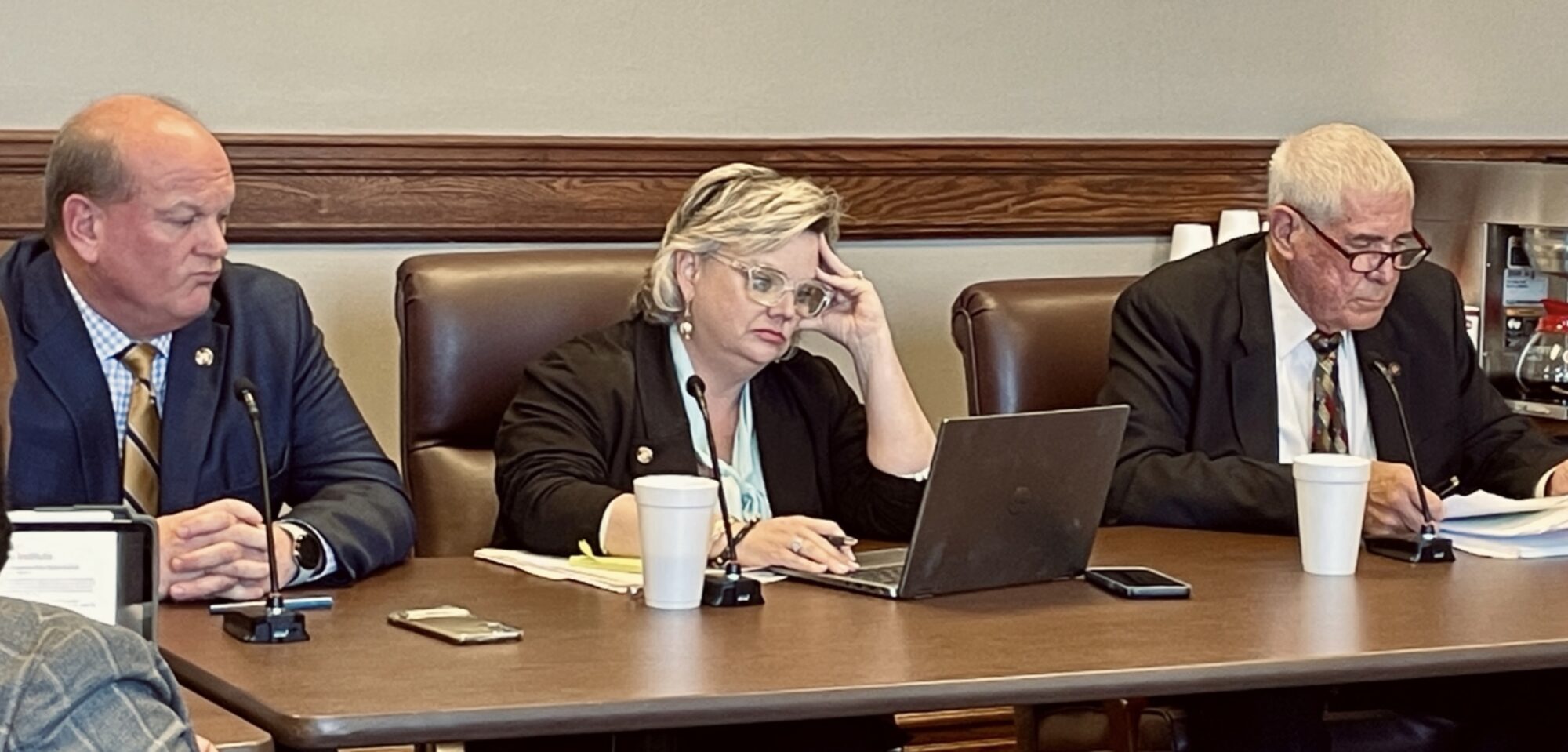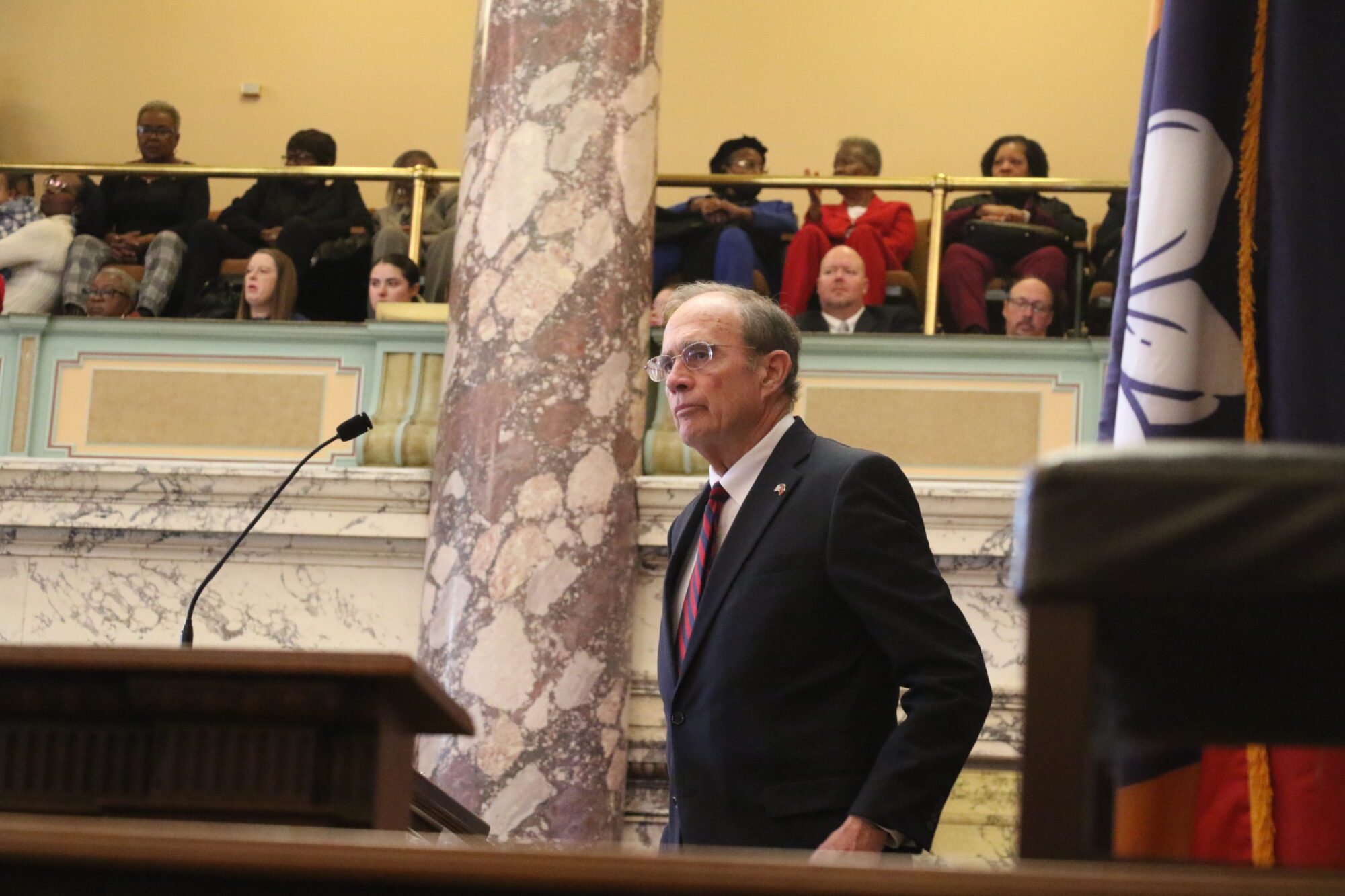While contemplating Memorial Day last week, my thoughts turned to the holiday’s origin. Although a special time for most, some remain unclear as to its actual historical underpinnings.
To assist, the United States Department of Veterans Affairs provides an online history lesson about the day, which is partially recounted below.
On May 5, 1868, the head of an organization of Union veterans established Decoration Day as a time for the nation to decorate the graves of the war dead with flowers. Ceremonies often centered near the mourning-draped veranda of the Arlington mansion, once the home of Gen. Robert E. Lee. After speeches, children from the Soldiers’ and Sailors’ Orphan Home made their way through the cemetery, strewing flowers on both Union and Confederate graves, reciting prayers and singing hymns.
Local springtime tributes to the Confederate dead already had been held in various places. In fact, one of the very first occurred in Columbus, Mississippi, on April 25, 1866, when a group of women visited a cemetery to decorate the graves of Confederate soldiers who had fallen in battle at Shiloh. Nearby were the neglected graves of Union soldiers. Disturbed at the sight of unkept burial sights, the women placed flowers on the graves of Union soldiers, as well.
Cities all across the nation claim to be the rightful birthplace of Memorial Day. Approximately 25 locations have been named in connection with the origin of the holiday, many of them in the South.
By the end of the 19th century, state legislatures had passed proclamations designating the day, and the Army and Navy adopted regulations for proper observance at their facilities. But it was after World War I when the day was expanded to honor those who have died in all American wars.
In 1971, Memorial Day was officially declared a national holiday by an act of Congress and placed on the last Monday in May.
Yet, although the day’s origin is important, it is not nearly as meaningful as the lessons it imparts to our culture.
Cognizant of the importance of solemnizing a special day in May for our beloved, novelist and poet Thomas Bailey Aldrich once wrote, “With the tears a land hath shed, their graves should ever be green.”
And we should ever be thankful.
Stories of military honor and valor permeate Mississippi society, as we are instructed from an early age to revere sacrifice, salute the flag and respect the service of warriors.
Narratives of our fallen heroes supplement the state’s long literary tradition with forlorn intensity. Inspirational and tragic, chronicles of personal challenge have motivated and inspired the military service of our citizens in disproportionate numbers. Their sacrifices expressly renounce selfish elements of modern society, which is nearly drowned in waves of narcissistic obsessions.
Maintaining tradition born through the collective heartache of our people, we still recognize the importance of mourning, remembering and celebrating the memory of our departed.
So each year we reaffirm an enduring adage: death leaves a heartache no one can heal; love leaves a memory no one can steal.
In many ways, it seems, our dead still live for us.
It is our way of life, as it should be.
***** State Senator Chris McDaniel







